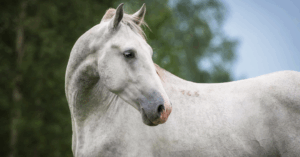
Gastro Pellet: Stomach Well-being Starts in the Mind
Anyone who spends every day around horses knows it well:…
Feed and products in 25kg bags excluded
Bank transfer | Paypal | Credit cards
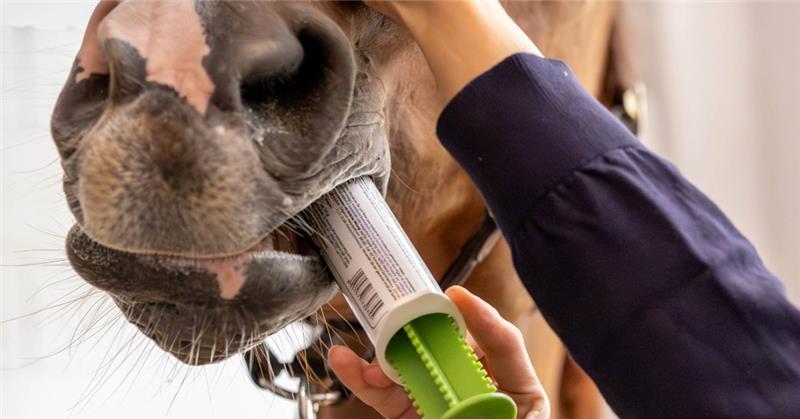
Intestinal parasites are a common and often underestimated problem in the daily management of horses. However, these “unwanted guests” can seriously compromise a horse’s health, performance, and overall well-being.
In this article, we will examine, simply yet accurately, the main intestinal parasites that can affect horses, the symptoms to watch for, and, most importantly, the strategies to adopt for effective prevention.
The most common instestinal parasites in horses are:
Many horses can be carriers of parasites without showing obvious symptoms. However, it is important to be able to recognize some signs of possible infestation:
Prevention: the golden rules
Preventing intestinal parasitism is essential for keeping horses healthy. It is not just about administering a dewormer occasionally, but about following a strategic and informed plan.
Regularly performing a fecal exam (at least 2-3 times a year) is the most effective way to know if and how many parasites a horse has. It is a simple and inexpensive test that helps avoid unnecessary drug treatments, thus combating drug resistance to dewormers.
Based on the fecal analysis, you can intervene in two ways: if the test is positive (indicating the presence of intestinal parasites), immediately call your veterinarian, who will recommend the most suitable medication. If the test result is negative, you can opt for natural products that support intestinal balance, such as Enterowell, formulated with pumpkin seeds, garlic and thyme extract.
Regularly picking up feces (even in pastures!) significantly reduces the possibility of infestation. The ideal frequency for cleaning stalls is once a day, and at least 2-3 times a week for paddocks, especially in spring and summer.
Foals, young horses, and older horses or those with a weak immune system are more vulnerable. Pay particular attention to their deworming program, subjecting them to the coprological test regularly.
How often to deworm?
There is no universal rule that applies to all horses. However, a general guideline can be:
Conclusion
The fight against intestinal parasites should primarily be based on prevention. A smart management plan protects the horse’s health, avoids the overuse of medication, and improves the animal’s quality of life. A well-managed horse is a healthier, stronger, and more high-performing horse!
Are you interested in a free nutritional consultation?
In Unika we develop every day nutritional personalised plans for all sport horses. Get in touch to receive free advice and create the perfet plan for your horse.

Anyone who spends every day around horses knows it well:…
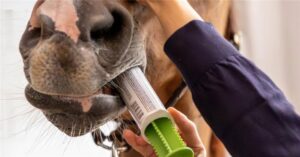
Intestinal parasites are a common and often underestimated problem in…
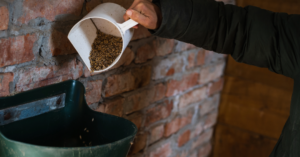
As September approaches, the quality and nutritional composition of pastures…
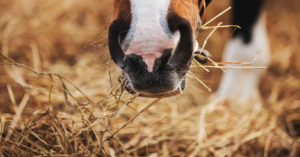
As September approaches, the quality and nutritional composition of pastures…
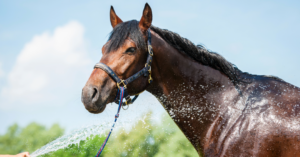
With the arrival of warmer weather, the competition calendar gets…

The importance Assessing your horse’s physical condition and determining whether…